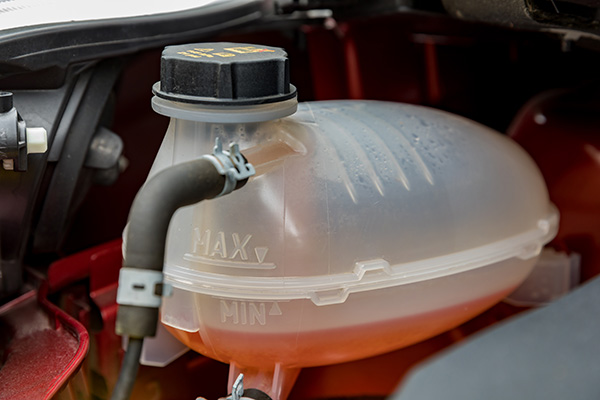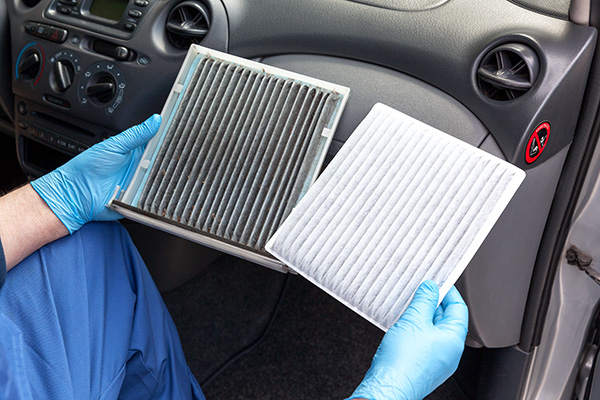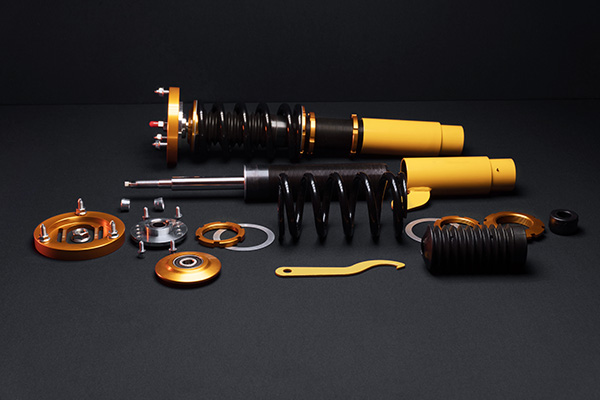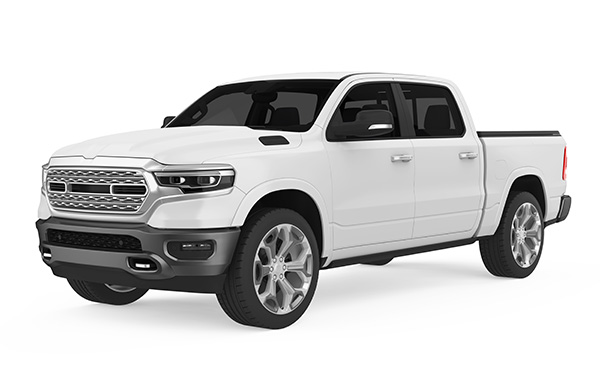Posted on 12/19/2025

Coolant is one of those fluids that rarely gets attention until something goes wrong. Most drivers top off fuel regularly, change oil on schedule, and maybe notice wiper fluid, but the coolant level can quietly drop without any obvious sign until the temperature gauge starts creeping upward. Once that happens, the engine is already under stress. The real question many people ask at that point is, “How long can I drive a car without coolant?” The honest answer is that even a short drive without proper coolant can be risky. Why Coolant Is So Critical to Your Engine Coolant does much more than keep the engine from freezing in winter. It carries heat away from the hottest parts of the engine, moves that heat to the radiator, and helps maintain a stable operating temperature. It also contains additives that fight corrosion inside the engine block, radiator, and heater ... read more
Posted on 11/28/2025

A solid pre-purchase inspection keeps surprises off your driveway. Chevrolets are generally durable, but each model year and powertrain has patterns worth checking before you sign. Use this practical checklist to separate great finds from future projects and to make sure the price matches the car’s real condition. Start With The Paper Trail Service history tells you how the car was treated. Look for consistent oil changes, transmission services at sensible intervals, and any major repairs with dates and mileage. Gaps do not automatically kill the deal, but they increase the value of a thorough inspection. Verify the VIN on the title, door jamb, and dashboard all match, and check for open recalls that should be completed before you buy. Exterior And Frame Walk the car in good light. Panel gaps should be even from front to back. Overspray on rubber trim, mismatched orange peel, or paint on fasteners suggests body work. Look underneath at the pi ... read more
Posted on 10/31/2025

When the air inside your car starts feeling stale or weak, it’s easy to blame the weather or the A/C system. But often, the real problem is much simpler: a dirty cabin air filter. This small, often-forgotten component can make a big difference in how your heating and air conditioning system performs. A clean filter keeps airflow strong and the air you breathe fresh. Once it clogs, though, the vents can lose power, strange smells can creep in, and the defroster may take longer to clear your windshield. If your car feels stuffy or the fan seems weaker than usual, the cabin air filter might be the culprit. What Does the Cabin Air Filter Do The cabin air filter sits behind the glove box or beneath the dashboard in most vehicles. Its main job is to clean the outside air before it reaches your vents. It traps dust, pollen, mold spores, smog, and even tiny insects that would otherwise circulate inside your car. Think of it like the air filter in your home’s HV ... read more
Posted on 9/26/2025

Your vehicle’s suspension system does more than just keep the ride comfortable. It’s critical for control, stability, and safety. Every bump in the road, every sharp turn, and every stop relies on a network of parts working together to keep your tires planted and your steering responsive. While most drivers know their car has “suspension,” few realize just how many components are involved. Below are five key parts of the suspension system, what they do, and why they matter to your vehicle’s performance and safety. 1. Springs Springs are the foundation of your suspension. They support the weight of your vehicle and absorb shocks from the road. When you drive over bumps, dips, or potholes, the springs compress and rebound to keep the car level and minimize the impact. Most modern vehicles use coil springs, but some trucks and older models may have leaf springs or torsion bars. If your springs become worn or damaged, your ride will feel h ... read more
Posted on 8/29/2025

When it comes to keeping your Ford in peak condition, where you take it for service makes a big difference. Many owners automatically think of the dealership as the only option, but independent shops like ours offer a unique combination of expertise, personalized service, and value that can make your maintenance and repair experience better. If you’ve ever wondered whether there’s a real difference, the answer is yes—and the advantages go far beyond price. Certified Technicians With Ford Expertise One of the biggest misconceptions about independent shops is that they lack brand-specific knowledge. At Gil’s Garage, our technicians are highly trained and experienced in working on Ford vehicles of all types, including sedans, SUVs, trucks, and hybrids. We use advanced diagnostic equipment that meets or exceeds manufacturer standards, ensuring accurate troubleshooting and repairs. Because we regularly work on a wide range of Ford models, we&rsquo ... read more